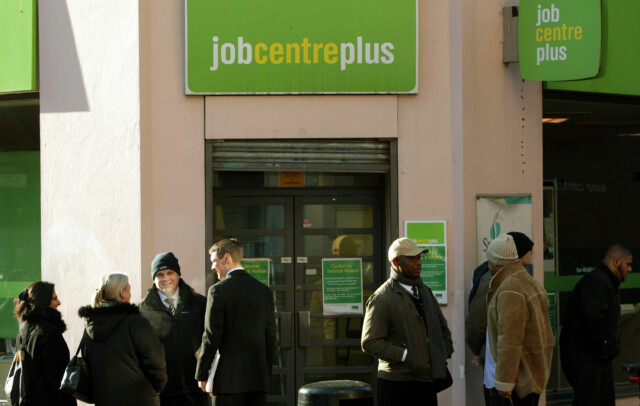
SLASHING the tax on benefits would tempt more claimants to work longer, economists say.
Researchers at the Institute of Fiscal Studies say cutting the Universal Credit taper rate would let them keep more of the cash they earned.
Slashing the tax on benefits would tempt more claimants to work longer, economists say
They touted the policy as Work and Pensions Secretary Mel Stride prepares to announce a masterplan to get nine million economically inactive Brits to get a job.
Ahead of the March Budget, the IFS says while the incentive for claimants to take part-time work has strengthened in the past 25 years, for full-time jobs it has weakened.
In 1997, claimants moving from part to full-time work would have lost 52p for every £1 earned.
But today they would lose 58p to taxes or withdrawn benefits.
The IFS says benefit reforms should look to “reduce disincentives for full-time work” such as further cutting the Universal Credit taper rate.
It says this could both boost the number of hours worked and eventually hourly wages because full-time work leads to better pay.
And it says the Treasury would in turn bring in more tax revenue to pay for public services.
As Chancellor Rishi Sunak cut the taper rate by a whopping 8 per cent from 65 per cent to 55 per cent – in a win for the Sun’s Make Universal Credit Work campaign.
Did you miss our previous article…
https://hellofaread.com/politics/ex-eu-boss-slammed-after-claiming-brexit-helped-russian-invasion-of-ukraine/







